6 must-know facts about acne
Discover truths about pimples, plus learn how to prevent and treat breakouts.
Updated on March 9, 2023
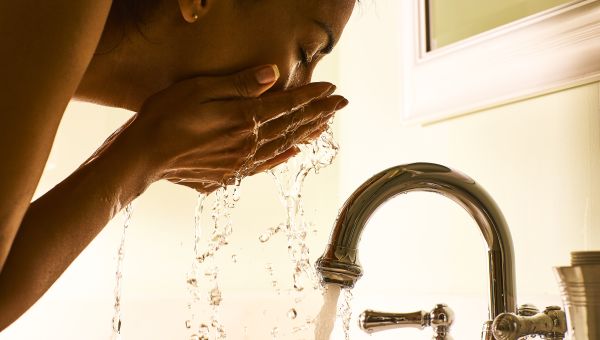
If you have acne, you’re not alone. Up to 50 million people in the United States are affected by this inflammatory skin condition. Risk factors for breakouts include hormones (in people of all genders), family history, age, and medications.
Here’s what you need to know about pimples, plus what you can do to lower your chances of a breakout.
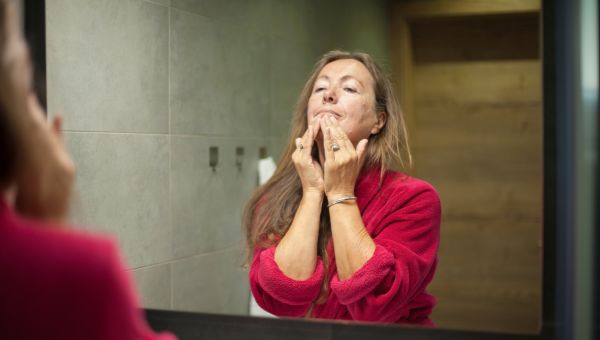
Acne Can Occur at Any Age
Think you get to be pimple-free after your teen years? Think again. While breakouts are most common in teens and young adults, they can still occur in your 30s, 40s, and even 50s, according to the American Academy of Dermatology (AAD).
If you get acne for the first time as an adult, it’s known as adult-onset acne. This is most common in women, especially those going through menopause, due to fluctuating hormone levels. Other reasons adults may get pimples include stress, family history of adult acne, hair and skin products, and medications. Sometimes, acne might be a sign of another medical condition, like polycystic ovary syndrome.
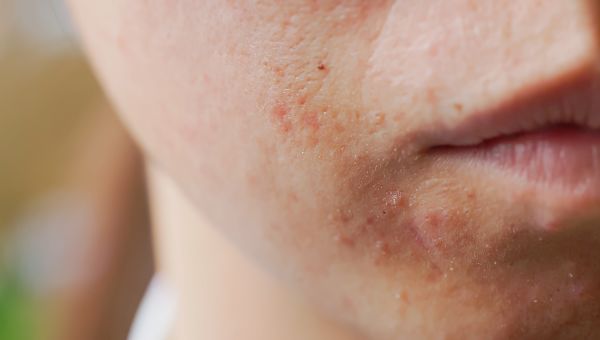
Not All Pimples are Created Equal
There are six main types of acne, and some are tougher to treat than others. Common whiteheads and blackheads, caused by blocked pores, generally go away with over-the-counter products. More difficult to treat are papules (raised, solid bumps) and pustules (papules with pus in them). Harder still are nodules and cysts, which form deep in the skin and can cause pain. If you develop acne that’s difficult to treat, it's wise to consult a dermatologist—a doctor who specializes in skin, hair, and nail conditions—for advice.
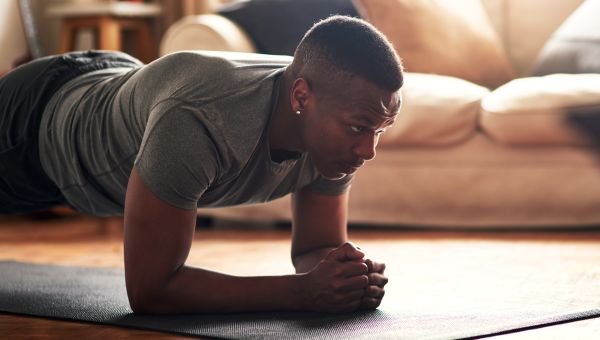
Workouts Could Make Back Acne Worse
Does your back or another part of your body break out after exercising? Many different parts of your workout, from your gear to your sweat, could be the cause. Here are some tips:
- Pay attention to your clothes and equipment. Make sure they’re clean before you use them. Try not to share items like helmets or shoulder pads with others. If you have to share items, wipe them clean first.
- The sun can make your skin dry, which makes your body produce more oil, which can then clog your pores. To help prevent this, use a sunscreen with an oil-free formula. The bottle should say either “non-comedogenic” or “won’t clog pores.”
- After you work out, it’s best to shower right away and gently apply a mild, oil-free cleanser. If you can’t shower right away, it can help to change your clothes.
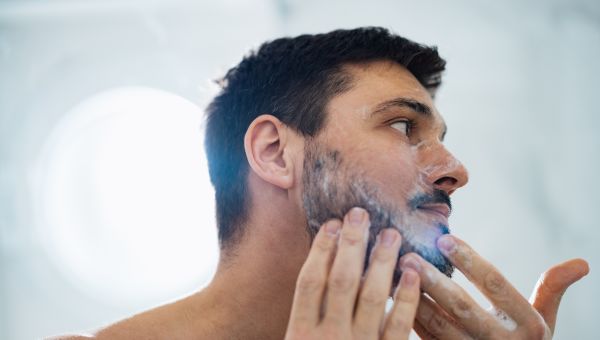
Being Too Clean Can Backfire
Do you scrub your skin to get rid of acne? Turns out, zits may not respond well to that. In fact, hot water, rubbing, or using washcloths or other tools instead of your fingertips can aggravate skin, which can cause even more pimples.
Contrary to popular belief, acne isn’t usually caused by a dirty face. All the biological activity that leads to acne actually begins beneath the skin, so over-scrubbing often makes it worse. Gently wash your skin with warm water and a mild cleanser when you wake up, after exercise, and before you go to bed.

Acne Can Take a While to Treat
If you’re worried that either over-the-counter (OTC) or prescription acne treatments aren’t working after a few weeks, try to be patient. Treatments can take a while to work. You should notice changes in four to six weeks once you start, but it can take two or three months—or even longer—for it to clear.
If you take OTC treatments and don’t notice any improvements after several weeks, it may help to add a second acne product to the mix that contains different active ingredients from the first. If you try one or two treatments for a few months and the acne doesn’t clear, you can reach out to a dermatologist to discuss an alternate treatment plan. You should also see a dermatologist if you have cystic or nodular acne, which forms deeper in the skin and causes thick, red bumps, to get help and prevent scarring.
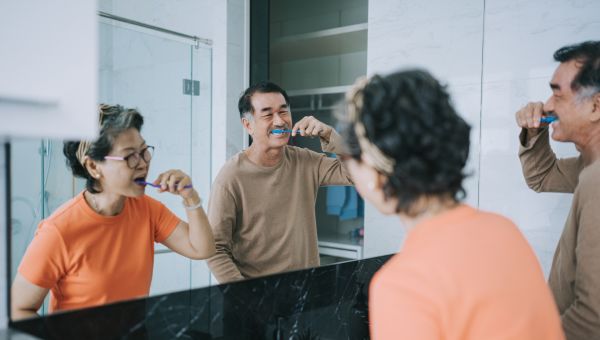
Toothpaste Is for Teeth, Not Skin
Need to get rid of a zit quickly? As tempted as you may be (and as often as you heard it growing up), don’t apply toothpaste to the affected area. Though this home remedy has been around for years, there’s no scientific evidence to prove that it’s effective. What’s more, fluoride toothpaste in particular might irritate your skin, as could detergents and whitening peroxide.
Amy Kim, MD, a dermatologist affiliated with Emory University Hospital in Atlanta, doesn’t beat around the bush: “There just don’t seem to be any ingredients in toothpaste that make sense to treat acne. I wouldn’t recommend it.”

American Academy of Dermatology Association. Skin Conditions by the Numbers. Accessed on February 18, 2023.
American Academy of Dermatology Association. Adult Acne. Accessed on February 18, 2023.
National Institute of Arthritis and Musculoskeletal and Skin Diseases. Acne. Page last reviewed August 2020.
American Academy of Dermatology Association. Is your workout causing your acne? Accessed on February 18, 2023.
Paula Ludmann and Brooke Schleehauf. Acne: Tips for Managing. American Academy of Dermatology Association. Page last updated November 16, 2022.
Yang J, Yang H, Xu A, et al. A Review of Advancement on Influencing Factors of Acne: An Emphasis on Environment Characteristics. Front Public Health. 2020;8:450.
National Institute of Arthritis and Musculoskeletal and Skin Diseases. Acne: Diagnosis, Treatment, and Steps to Take. Page last reviewed August 2020.
Paula Ludmann. 9 Things to Try When Acne Won’t Clear. American Academy of Dermatology Association. Page last updated November 30, 2021.
Mayo Clinic. Nonprescription acne treatment: Which products work best? July 21, 2022.
National Health Service (UK). Treatment: Acne. Last reviewed January 3, 2023.
More On


video

article


video


video


video
